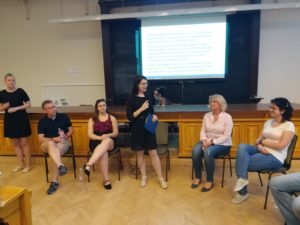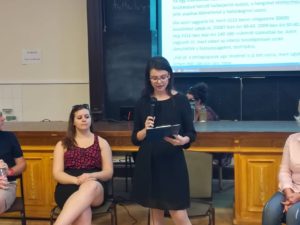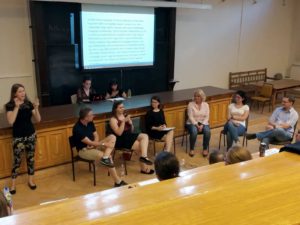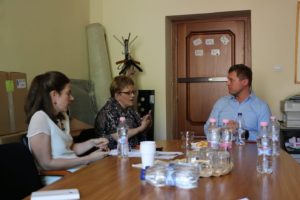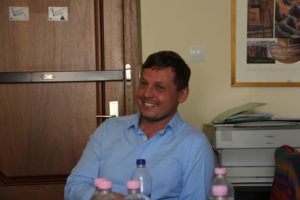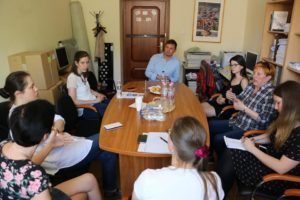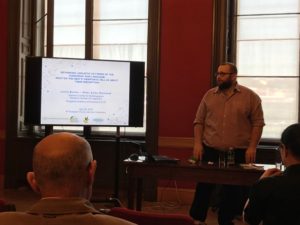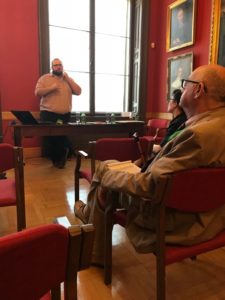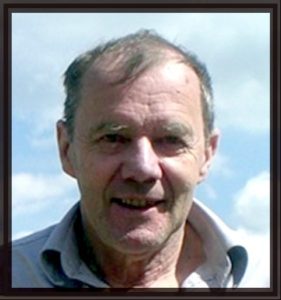Iván Vasák passed away
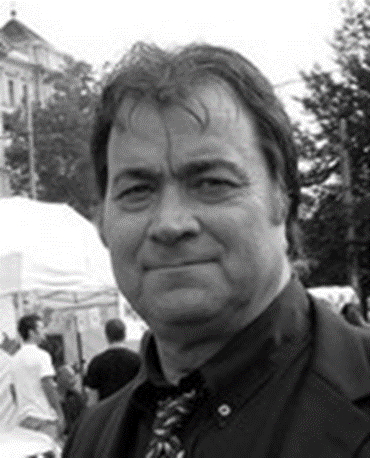
1945 – 2020
The colleagues of the Research Centre for Multilingualism of the Research Institute for Linguistics were greatly saddened and grieved by the news that Iván Vasák passed away at the age of 75. He was a former general secretary of the Hungarian Association of the Deaf and Hard of Hearing, fighting for Deaf people’s right to their mother tongue, for the ratification of Hungarian Sing Language. He initiated and spearheaded the struggle that has been going on for decades for bilingual education. He was a champion athlete and sports leader. His passing away is a huge loss to the Hungarian and international Deaf community, to the world of sports, to the experts of sign language research and education.
He was among the first Deaf rights activists, who contributed to the identity shaping process of the Hungarian Deaf community, raising awareness to Deaf rights and strengthening them within the community and in society as a whole. He fought alongside Deaf and hearing people for the cause with great faith and perseverance, step by step, or by applying radical solutions when necessary, to ensure the visibility of the marginalised and to advocate for them, to shed light on the political and societal responsibilities. He has worked tirelessly for years, his efforts manifested in the proposal and ratification of the Sign Language Act of 2009. He initiated the research of Hungarian Sign Language and published fundamental books, such as Theory and methodology of sign language, About the Deaf, or The world through the Deaf perspective. With an unquenchable thirst for knowledge and understanding he continuously searched for the place, roles and tasks of his community. He learned continuously, received a degree, redefined his and the association’s responsibility and role with regard to Deaf history, culture, the Deaf and the hearing world, and the Deaf-integrated in-Hearing and Hearing-integrated in-Deaf world. He fought especially hard for Deaf children’s future, opportunities, education, the nurturing of their talents, sports. For his Deaf brothers and sisters.
Iván Vasák was a pioneer. His understanding on what it is “to be Deaf”, his thoughts were innovative, modern, complex, and reflexive. The foundation of his critical understanding was rooted in a life well lived from within, a visual perception of the world, a culturally natural, complex yet diverse Deaf identity that is rooted in shared history, traditions, activities, and communicational modes. His approach reflected his knowledge on both the Deaf and the hearing world, the naturalness of equal opportunities and mutual acceptance, and another cornerstone: sign language and its use as the most natural and innate source for Deaf people in the same way and with equal rights to the spoken language use of hearing people.
He made his final reckoning a couple of months ago:
“I consistently fought for the recognition of Sign Language as a real and independent language. In my work, I emphasised the cultural importance of Deafness, highlighting our belonging to a language minority, rather than the disability aspects pertaining to deafness. It was a struggle, but I successfully managed to organise water polo at the international level, and contributed to the development and continuation of the Deaf sports community.”
This consistent – slowly becoming gentler from year to year – fight defined his work philosophy. The Research Institute for Linguistics, and colleagues that later founded the Research Centre for Multilingualism have worked with Iván Vasák since the beginning. With his help and support the world of research learned how to involve stakeholders as equal partners in mutual learning, and in cooperative, socially responsible research. Two decades ago they imagined and developed the foundations of bilingual education of Deaf children together (the word “bilingvális” was kept as the official term to honour him). It is an efficient model that builds on full accessibility and interoperability between worlds, experts worldwide have thought of similar models.
With Iván Vasák’s passing, we have lost a brilliant expert, a fellow warrior, a role-model true to his beliefs. It is with deep sadness and a heavy heart that we say goodbye to him and share the grief of his family and the Deaf community.
Csilla Bartha and colleagues

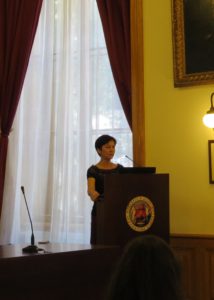
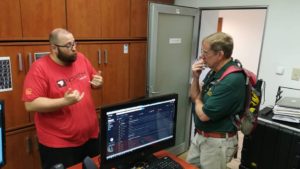
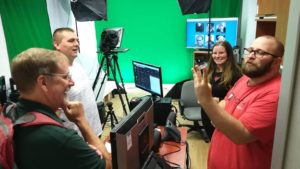
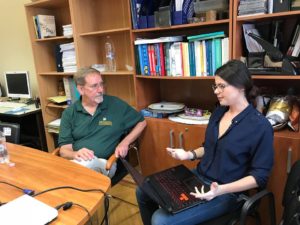
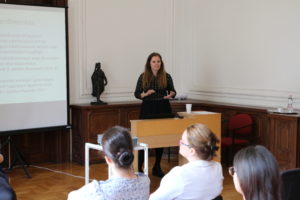
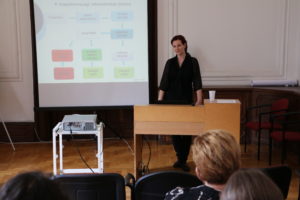
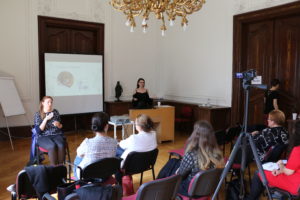
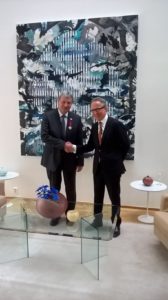
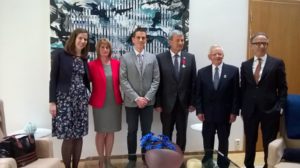 0
0